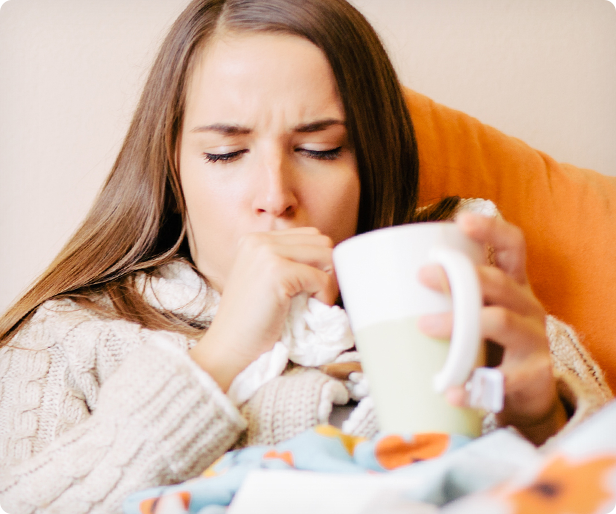

Before you go to sleep, suck on a cough drop or hard candy to ease a dry cough (one that doesn’t produce mucus) and soothe your throat, advises the Mayo Clinic.
#NOCTURNAL COUGH HOW TO#
When it seems like you just can’t get any sleep, here’s how to stop coughing at night: How to Help a Cough at Night: Try These Tips But sleep is also important for getting well - and it's no fun tossing and turning all night. Most coughs associated with colds and flu are beneficial for clearing congestion from your lungs and airways, according to the Mayo Clinic. Many flu-related deaths are caused by pneumonia that hits after people think they’re over the flu.” To ensure you use a humidifier safely, be sure to carefully follow all the directions that come with it. “If the water you put in it isn’t sterile, you run the risk of cycling the germs back into the air or breeding other diseases.” The last thing people with a cold or flu want is to experience complications, says Blass. “Humidifiers are not always safe,” warns Blass. To relieve a dry air cough, you can try a humidifier to put moisture back into the air and make it easier to breathe, but be sure to take proper care of the unit. “It will help keep the mucus from collecting in the back of the throat.”Ī dry, indoor environment Dry air can aggravate an already irritated nose and throat, making your nighttime cough worse. “Sleep with a pillow propping you up a little,” Dr. Mitchell Blass, MD, a physician with Georgia Infectious Diseases, says, “When we lie down, mucus automatically begins to pool.” The best way to counteract this gravitational pull is elevation.

Gravity The number one factor that makes your cough worse at night is simple: gravity. Why do coughs get worse at night? There are a number of reasons why they do - or at least why they seem to. The Science Behind a Cough That’s Worse at Night


 0 kommentar(er)
0 kommentar(er)
